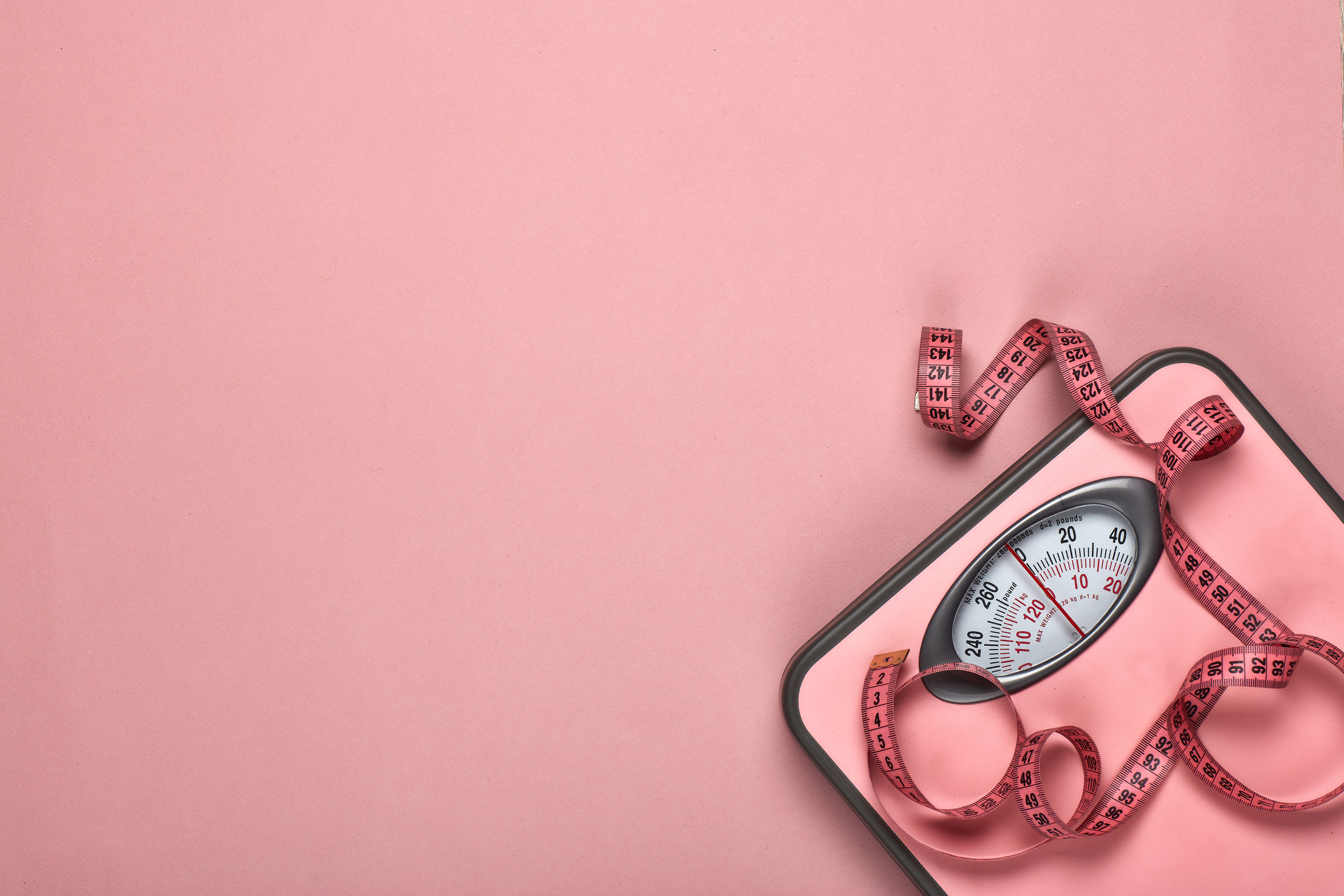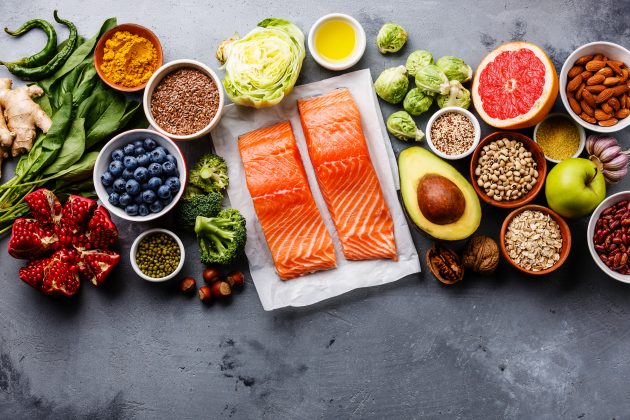Are your hormones the reason you're not losing weight?
There are three hormones in particular that can cause hormonal weight gain

Struggling to shift the pounds and keep them off? Well, according to one of Harley Street’s leading nutritional therapists, it could be down to your own hormones.
Stephanie Webster, who works with at the Urban Health Method Clinic in London, believes optimising our hormones may be the key to getting rid of unwanted weight gain. She thinks understanding our body and what’s going on inside them could help women find the most effective solution for their weight loss struggles and hormonal weight gain.
The Urban Health Method Clinic uses the DUTCH Plus test, which is a comprehensive test of all 35 different horomones, to identify and highlight hormone imbalances in our bodies. Particular attention is paid to the stress hormone cortisol, which has been linked to hormonal weight gain. ‘Hormones are about much more than just sex; they play a role in practically every human function, and actually influence everything from mental agility and body composition to how quickly we age,’ explains Stephanie. ‘Even minor hormone imbalances, which occur naturally as we get older, can have a huge effect on our overall health and well-being. But many people, particularly women, are suffering in silence.'
Stephanie explains that if you understand your body’s personal needs, you can then speak to your GP about supplementing your diet with the right bioidentical hormones. Bioidentical hormones are man-made hormones that are very similar to the hormones produced by the human body. Common bioidentical hormones that are matched are oestrogen, progesterone and testosterone. These are used for treatment in both men and women whose own hormones are low or out of balance.
How can an imbalance cause hormonal weight gain?
Hormones are chemicals produced by different glands and tissues in the body and are responsible for regulating several processes in the body, such as appetite and metabolism, sleep cycles, heart rate, stress levels and body temperature. Women may experience imbalances (too much or too little of a certain hormone) in insulin, cortisol, thyroxin, androgens, oestrogen and progesterone, and this can impact your body.
Excess insulin,in particular, can cause weight gain and inflammation, by storing too much fat, while too much cortisol can shut down digestion and slow down your metabolism. If left it can cause high blood sugar, increased belly fat, high blood pressure and high cholesterol.
On the other hand a dip in oestrogen (that often happens around menopause) can make us pile on the pounds too. This is because a form of oestrogen, estradiol, is responsible for regulating metabolism and body weight. Lack of oestrogen may also cause the body to use starches and blood sugar less effectively, which increases fat storage and makes it harder to lose weight.
Sign up to our free daily email for the latest royal and entertainment news, interesting opinion, expert advice on styling and beauty trends, and no-nonsense guides to the health and wellness questions you want answered.
How can you treat hormonal weight gain?
If you have a hormonal imbalance then you should speak to your GP about bioidentical hormones. But Stephanie advocates that you think about wider lifestyle changes. She reveals that she has identified that clients who also focus on improving their diet and minimising their stress levels can naturally work to optimise their hormones, resulting in accelerated fat loss. She recommends a diet free of processed and junk foods and high in protein.

Ultimately, Stephanie believes in prevention over cure, which is why they offer a wide range of diagnostic services, including health tests, DNA tests and body composition tests to help you care for your body and minimise disease risk, through simple, yet effective lifestyle choices, such as eating a healthy diet, boosting activity levels and understanding what your body needs to perform optimally.
If you believe that you might have a hormonal imbalance we recommend that you speak to your GP.
Natalia Lubomirski is a health journalist with 16 years' experience in the publishing industry. She has worked for a number of well-known magazines and websites including Marie Claire, marieclaire.co.uk, woman&home, Top Sante, Boots and The Telegraph.
She likes to think she practices what she preaches when it comes to health and fitness. She loves the great outdoors and you’ll often find her up a mountain somewhere. She’s climbed eight major mountain ranges across four continents and hit the summit of Half Dome (in Yosemite) during her honeymoon.